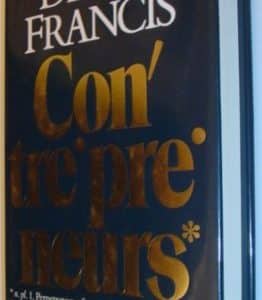Description
pp. xii, (3), 212, “Although Darwin’s ideas about evolution were dominant in D.H. Lawrence’s day, little scholarly work has been done on the influence of these concepts on his work. In “D.H. Lawrence and Survival”, Ronald Granofsky argues that Lawrence employed ideas based on evolution in his fiction, particularly during the transition between his ‘marriage’ and ‘leadership’ periods (1919-22) when he embarked on a major rethinking of the direction of his creative work, and that these ideas contributed to the deterioration in his fiction after “Women in Love”. Granofsky shows that Lawrence’s deliberate use of Darwinian elements in his narrative strategy occurred at a time when he was increasingly concerned about survival, both personally, due to illness, and as an artist. The result in his fiction is a subtext in which his anxieties are projected onto female characters and the evolution of his writing is frustrated by unresolved emotional conflicts. Through new readings of the major fiction of Lawrence’s transitional period, Granofsky demonstrates that Lawrence’s deterioration as a writer and the misogyny of his later work was primarily the result of a deliberate effort on his part to move the ideological yardsticks of his fiction.”






